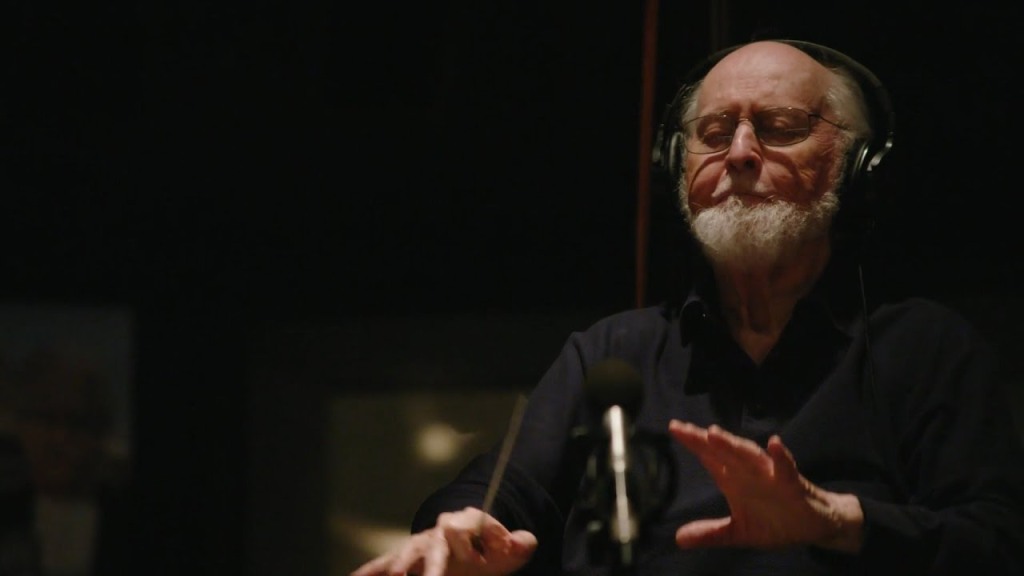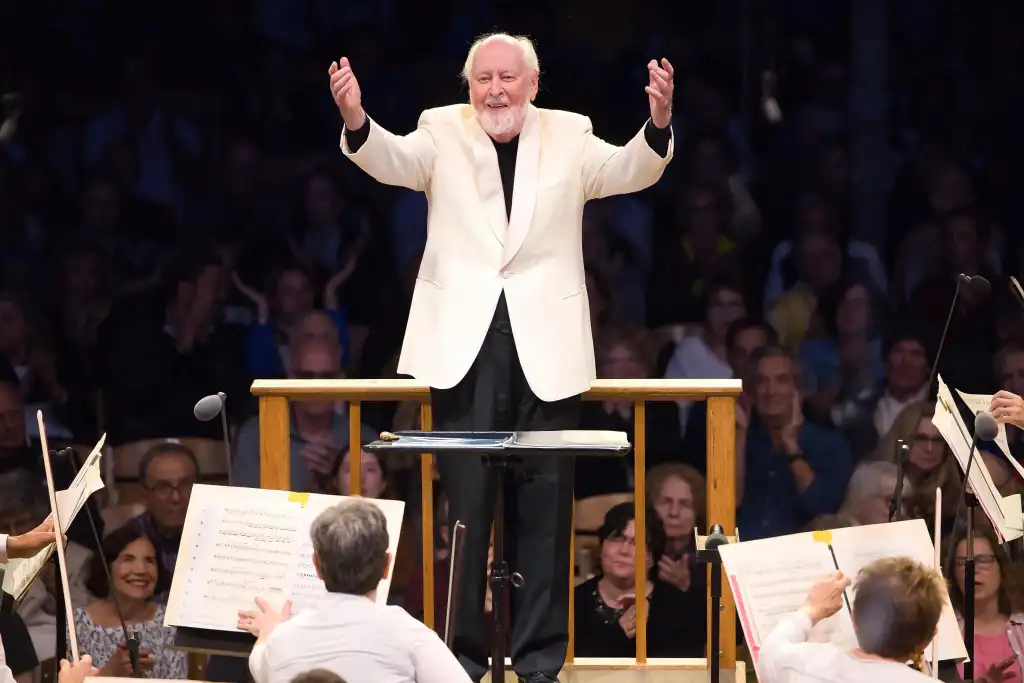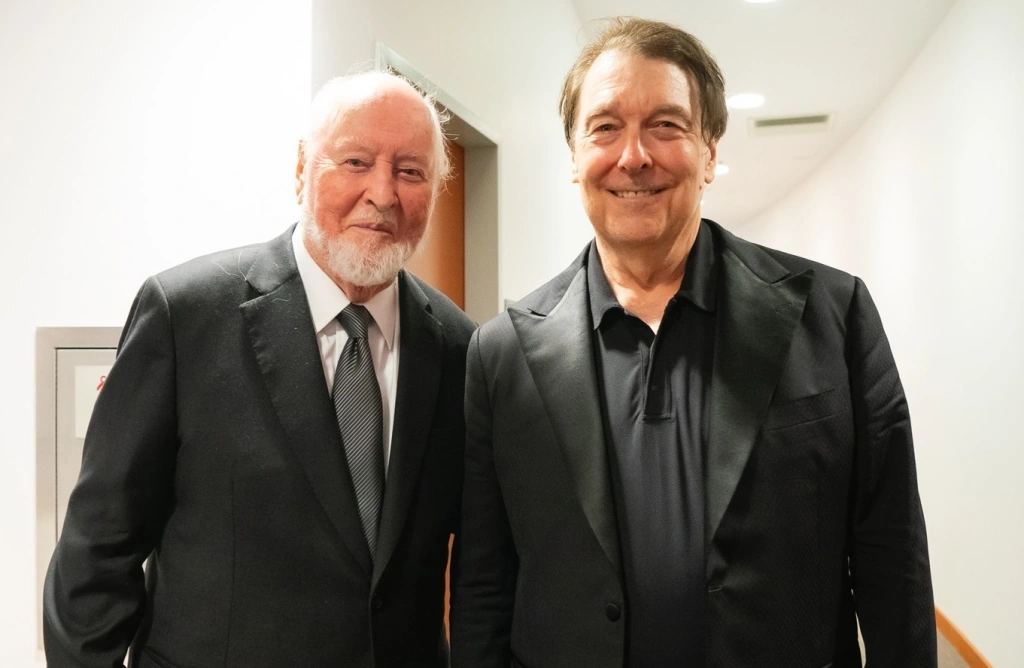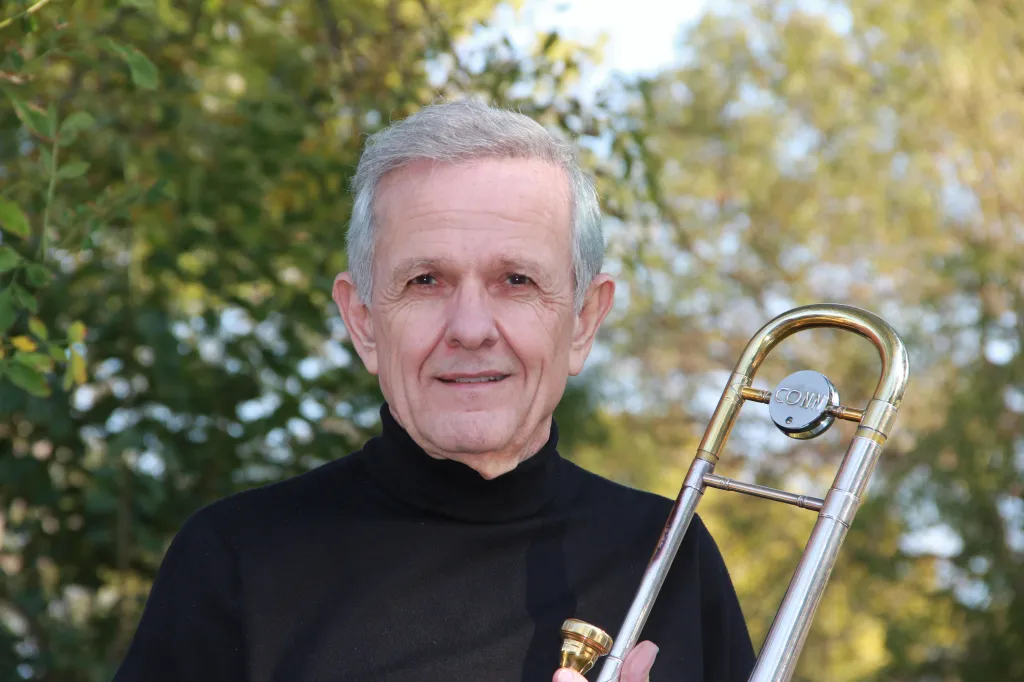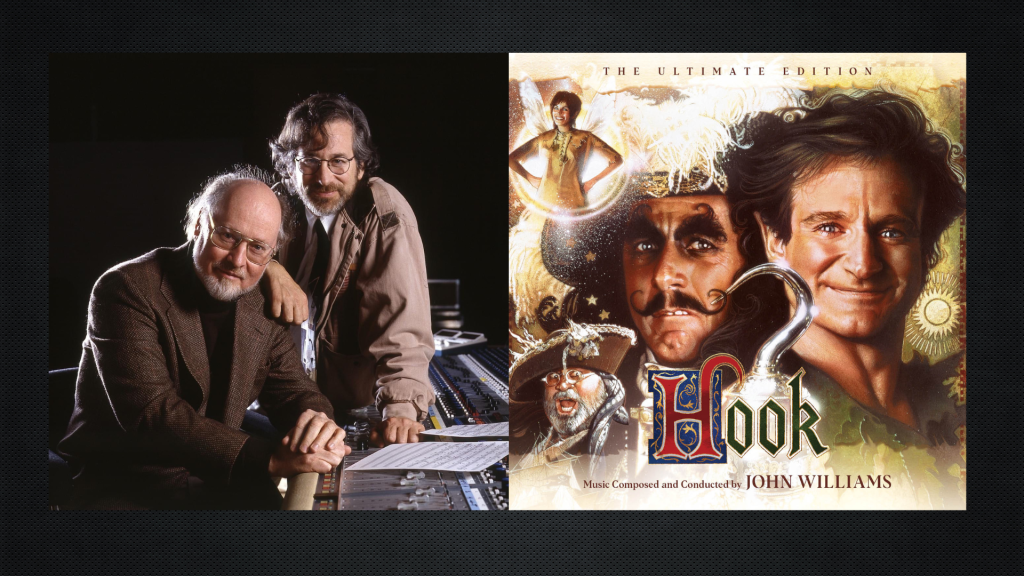Special guests: Doug Adams, Frank Lehman, Jim Ware
Listen on
Podbean | Apple Podcasts | Spotify | Google Podcasts
In December 2019, the 9th and final episode of the Star Wars film saga was released in cinemas around the world. The Rise of Skywalker is the ending chapter of the sequel trilogy initiated in 2015 by J.J. Abrams with The Force Awakens and followed in 2017 by Rian Johnson’s The Last Jedi, but it’s also the overall conclusion of the whole film series (now officially canonized as the “Skywalker Saga”) started by writer/director George Lucas with his original film, released in US theaters exactly 43 years ago today (May 25, 1977). The Rise of Skywalker is again directed by J.J. Abrams and brings to a final resolution the story of the characters introduced in Episode VII (young heroine Rey, dark villain Kylo Ren, ace pilot Poe Dameron and Stormtrooper-turned-Resistance figher Finn), trying also to fulfill the timeless tale of Good vs. Evil represented through the battle between brave Jedi Knights and evil Sith Lords as originally conceived by Lucas. The Rise of Skywalker gives the audience one last journey with beloved original characters Luke Skywalker, Han Solo and Princess Leia, also bringing back arch-villain Emperor Palpatine as the ultimate mastermind of the Dark Side.

Composer John Williams returned once again to write the score, thus bringing fulfillment to his own personal journey with the Saga that began in 1977 with the very first film (now commonly referred as Episode IV). It’s important to notice that Williams is the only major crew member that worked on all nine Saga films and therefore one of the true creative forces that bring these films to life and give them their timeless quality. The composer can also be defined as one of the real authors of the series—his music is an integral part of the storytelling, adding gravitas, epic and emotion to what we’re seeing on screen. Williams’s music is a huge canvas of themes, motifs and orchestral colors, giving soul to the heroes and villains, but also giving voice to what is only felt or just mentioned, as for example the concept of “the Force”, whose musical signature is now one of the series’ most iconic themes. Over the course of the whole series, Williams concocted a wide and diverse musical glossary, primarily themes used with the classical leitmotif technique, but also a wide array of orchestral textures, modalities, and harmonic language that gives the music its unique and instantly recognizable character. Williams gave the films the required propulsion and energy through the usual tools of the film composer (mickey-mousing abounds, and there is even simple musical illustration when required), but always keeping his ideas musically adventurous, using quick harmonic changes, rich orchestrations and an overall sense of architecture. As The New Yorker‘s music critic Alex Ross noted “what makes these ideas indelible is the way they’re fleshed out, in harmony, rhythm, and orchestration”. The set of the original trilogy scores became a benchmark for film-music and a pivotal moment in John Williams’ career. Despite the various classical literature references and models used in the first steps of his creation, Williams let his own specific personality and voice (both as a master dramatist and composer) be heard loud and clear throughout the collection of nine scores (plus material written for the spin-off Solo, and the piece written for the Star Wars-themed land at Disneyland, Galaxy’s Edge).
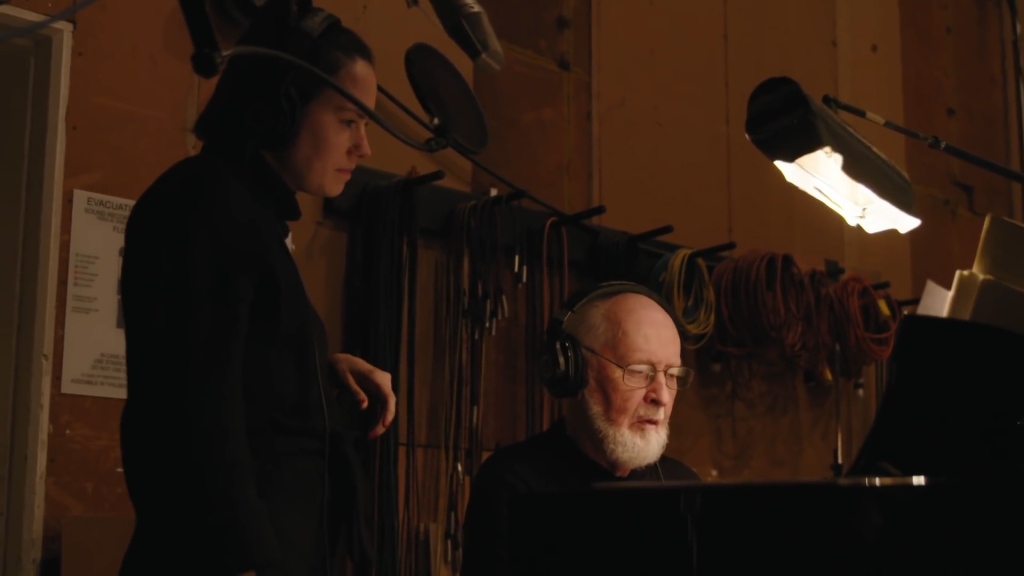
It’s certainly a unique achievemnt in the history of film music, but it has very few equals in the history of music in general—very few composers had the chance or the opportunity to revisit their creations, adding new material to the same subject throughout such a long period of time. Probably the only comparison that can be drawn is the often-mentioned one with Richard Wagner’s epic Der Ring des Nibelungen opera cycle. The effort, which has been universally lauded among the best music ever written to accompany a film virtually since its inception, becomes even more impressive and historic if seen in the perspective of the life and career of John Williams himself. His work on the Star Wars series now occupies literally half of his life and two-thirds of his professional career as a composer in Hollywood. Over the course of four decades, he evolved and became the world’s leading film composer and one of the most respected and revered musicians around the globe. The scores he composed for the series revivified the classic Hollywood symphonic style in film music and opened the door to the sound of the orchestra for at least two generations of listeners. Despite all the success and accolades he received over the years for these efforts, Williams himself is still flattered by such impact and, with his characteristic humility, quickly downplays the popularity he gained with Star Wars as a strike of good luck:
I’m just lucky. To be able to work for nearly 40 years, off and on, on the same subject and to be able to add themes and musical material to the glossary of themes that went before and try, as I have tried in the new film, to keep it organically related, is not only a unique challenge but tremendous fun. And I feel very privileged to have that very special, unique opportunity after 40 years, and to have the energy to do it. I feel nothing but great good fortune.
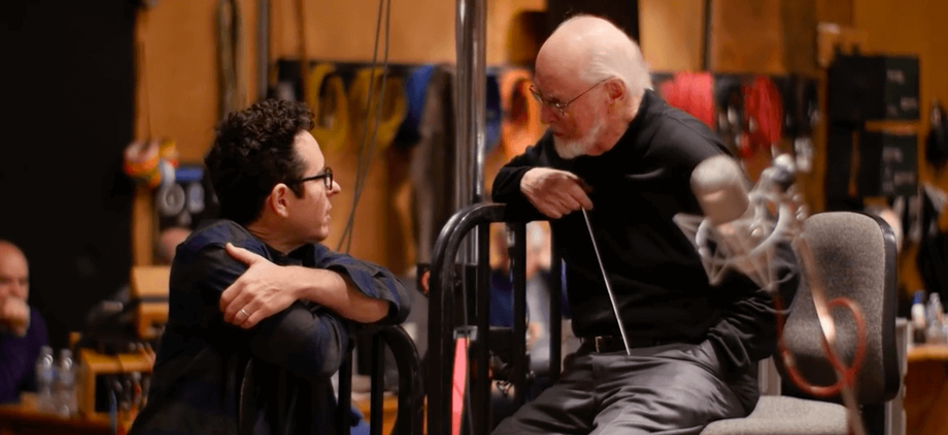
In this episode of The Legacy of John Williams podcast, editor Maurizio Caschetto is joined by author Doug Adams (writer of the best-selling book The Music of The Lord of the Rings Films), film musicologist and theorist Frank Lehman (author of the Complete Catalogue of the Musical Themes of Star Wars) and film music expert Jim Ware for an in-depth roundtable-like discussion about the legacy of Star Wars music by John Williams. Starting with commentary on the score for The Rise of Skywalker, the group goes deep into analyzing the new musical material and how it sits in the overall musical lexicon of the series, while also commenting the evolution of John Williams’s style throughout his epic 40+ years musical journey.
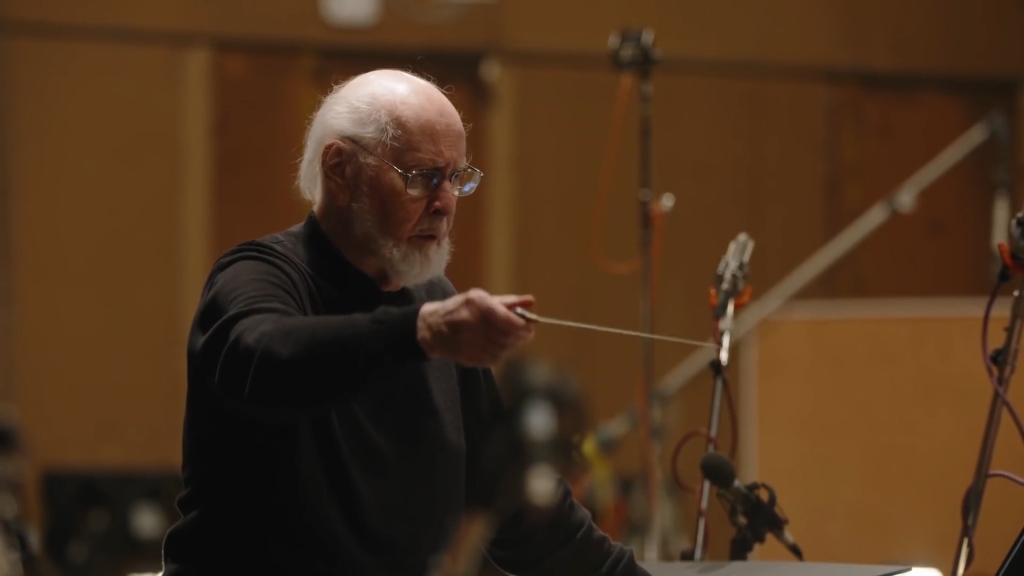
Recommended Reads and Links:
- Alex Ross, Listening to Star Wars, The New Yorker, January 2016
- Alex Ross, A Field Guide to the Musical Leitmotifs of “Star Wars”, The New Yorker, January 2018
- Craig L.Byrd, Interview with John Williams, Film Score Monthly Vol.2 N.1, January/February 1997
Special Thanks to Doug Adams, Frank Lehman and Jim Ware for their support and friendship.
